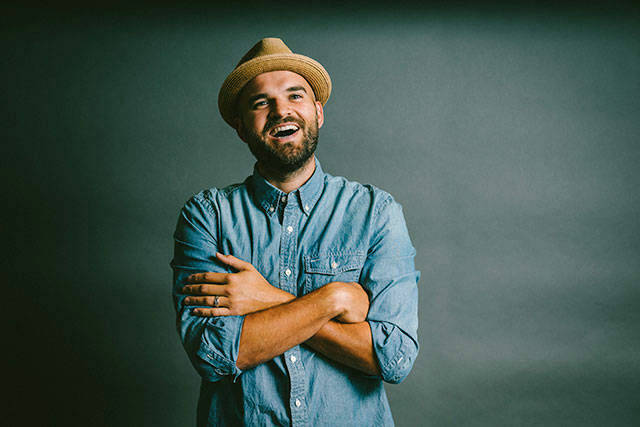I never aspired to become a pastor.
Growing up, my church pastor was an incredible man, and I admired him greatly. I just didn’t want his job. I wanted to be a famous musician or a well-known politician. However, it seemed my vocational trajectory was out of my hands. Say what you will, but I was undeniably led to this role by a spiritual force. Now, I truly believe I was made for this, though it seems I have entered a dwindling profession.
Years ago, I was having coffee with a pastor friend. He said, “The Christian church in America is on fire and we are running out of water.” I told him that didn’t provide much comfort as I was just beginning my professional ministry. He went on to say that one study counted, in the past year, 4,500 churches closed, while only 3,000 new congregations began.
“Also,” he said, “I read a study by the Barna Group (a research company that focuses on the intersection of faith and culture) that estimates each year over one million people leave the Christian church for good.” He then shared that the average weekly attendance at a Protestant church in America was around 100.
“This drop in attendance doesn’t just affect the morale of the pastor,” he said, “it also affects the church budget.”
What have I gotten myself into?
Many pastors today are hanging on by a thread that is suspended between two extremes: American conservatism and religious progressivism (substitute evangelical and liberal). Many “church-goers” are becoming disillusioned with religious institutions altogether because religious folk can’t seem to find their footing amongst the changing tides of cultural norms and theological conviction.
This vacillation has caused fractures in the religious fabric of our nation and is contributing to the swift decline of local churches. Now we face a choice: either we continue to practice the traditional church model, working to grow our attendance and promote regular programs, or we can innovate and find a new way to be the church.
Some churches have already begun this journey of reimagining how they can serve their local communities, and they have found the task is not so simple. The more conservative churches are finding their identity in what they promote as ‘clear Biblical and moral teaching,’ and their attendance is growing because humans like certainty, or the illusion of certainty.
Unfortunately, the primary goal of these churches has become indoctrination, while most people are looking for liberation. Additionally, these pastors are now finding their “traditional Biblical principles” often stand in opposition to social equality. Conversely, more progressive churches are trying a different approach, focusing on social justice while quietly diminishing their affiliation to religious institutionalism, hoping to attract those who are “spiritual but not religious.” While they are doing great work in local communities, some of these churches now seem to function exclusively as social service organizations.
What if there is another way? What if there is a future for the Christian church that bridges the chasm between social justice warriors and religious traditionalists? What if there was a church that was able to hold a myriad of theological and political perspectives while maintaining a diverse congregation that cares about serving all people and regularly mining the depths of spiritual wisdom? What if we didn’t need to have all the answers? Instead, we might seek to faithfully hold all of life’s unanswerable questions in a safe and loving community?
These are questions I ask each day as I walk to my office on Vashon Highway. Could we be the church the world needs? As a congregation, we have decided to embark on a five-year socio-religious experiment. Our goal is to discover a new way to be the church in our community.
I will be sharing regular updates with you, and I hope you’ll join us on the journey. Perhaps together we will discover what the church of the future will look like.
Rev. Dr. Mark W. Wagner is the senior pastor of Vashon United Methodist Church.



